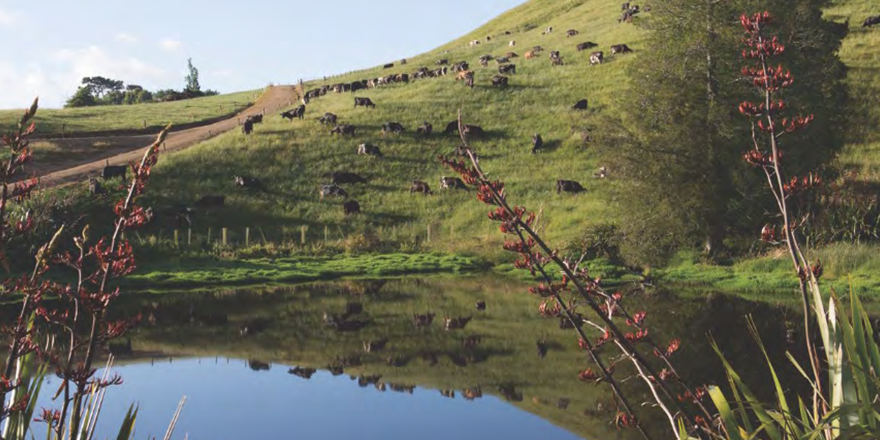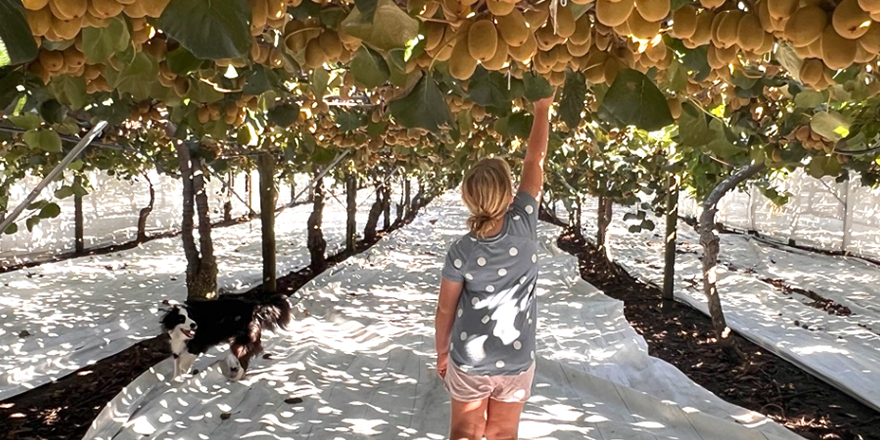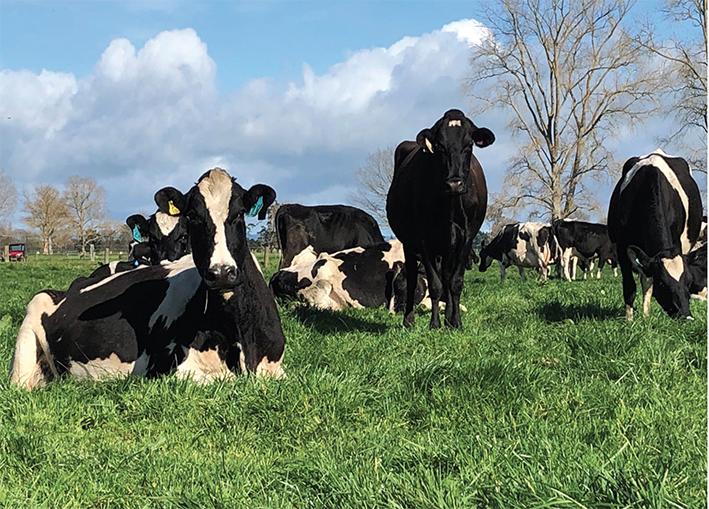Synthetic food (SF) is being touted as a revolution in food production that could replace animal products. While the industry is more bark than bite at the moment, it’s rapidly gaining awareness and attracting significant funding by being portrayed as a solution to many of the global problems associated with conventional agriculture. As the pressure intensifies on humanity to curb climate change, all options are being considered and, with a carbon footprint larger than the global transport sector, agriculture is well and truly in the spotlight. Agriculture has held relative impunity from climate mitigation strategies up until now but SF is bringing that into question by providing a potential alternative method of food production.
The environment is one of the key drivers behind SF but there are others as well. The drivers are being used as a platform to promote SF as the way of the future and leveraging off the growing disconnect between consumers and the farms that currently produce their food. It’s too early to know if SF will actually compete at scale on a cost and quality basis but nevertheless, the messaging around SF is already having a negative impact on the perception of agriculture. Countries like NZ who rely heavily on agricultural exports are at risk of losing market share to SF as well as being tarred with the same ‘industrial agriculture’ brush as other countries and becoming what one journalist has described as the “Detroit of agriculture”.
As with many emerging technologies though, things don’t happen overnight and the devil is often in the detail. The NZ primary sector needs to resist the urge to take a stance against SF based on weak journalism and instead be part of an informed conversation. The first response from people a year ago, when discussing SF, was was ‘yuk, it will never take off because people want natural food’. Thankfully, the conversation is now shifting to ‘what could happen if SF did take off and how do we approach this potentially disruptive technology?’. SF needs to be approached with an open mind and lots of questions rather than building a wall to defend our patch.
NZ Ag needs to get a better handle on how conventional food measures up against SF based on the ruler that tomorrow’s consumer will use. Carbon emissions, soil conservation and animal welfare are some of the attributes that consumers will look for and this needs to become part of our marketing approach in the future.
In reality, conventional agriculture is more of a threat to the SF industry at the moment, not the other way around. SF consists of startup companies with products in the development phase and markets that are built on promises. This isn’t a reason for us to rest on our laurels but instead a window of opportunity to get involved and have a say in how the SF industry evolves. We can choose to be disrupted or help shape the future of food production by understanding the drivers behind SF and being part of the solution, not part of the problem.
Keywords for Search: Richard Fowler




